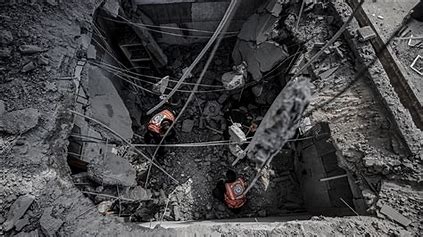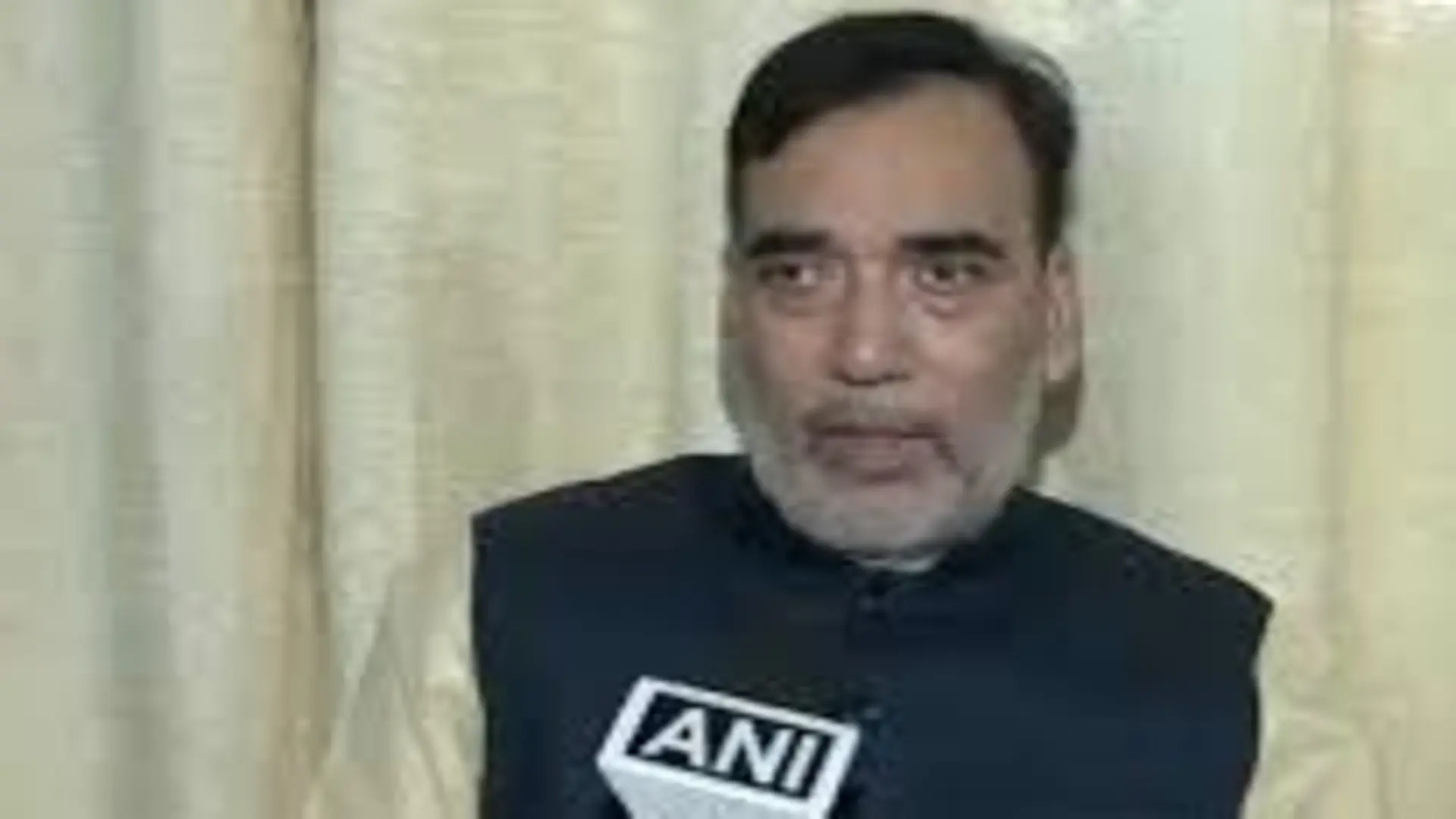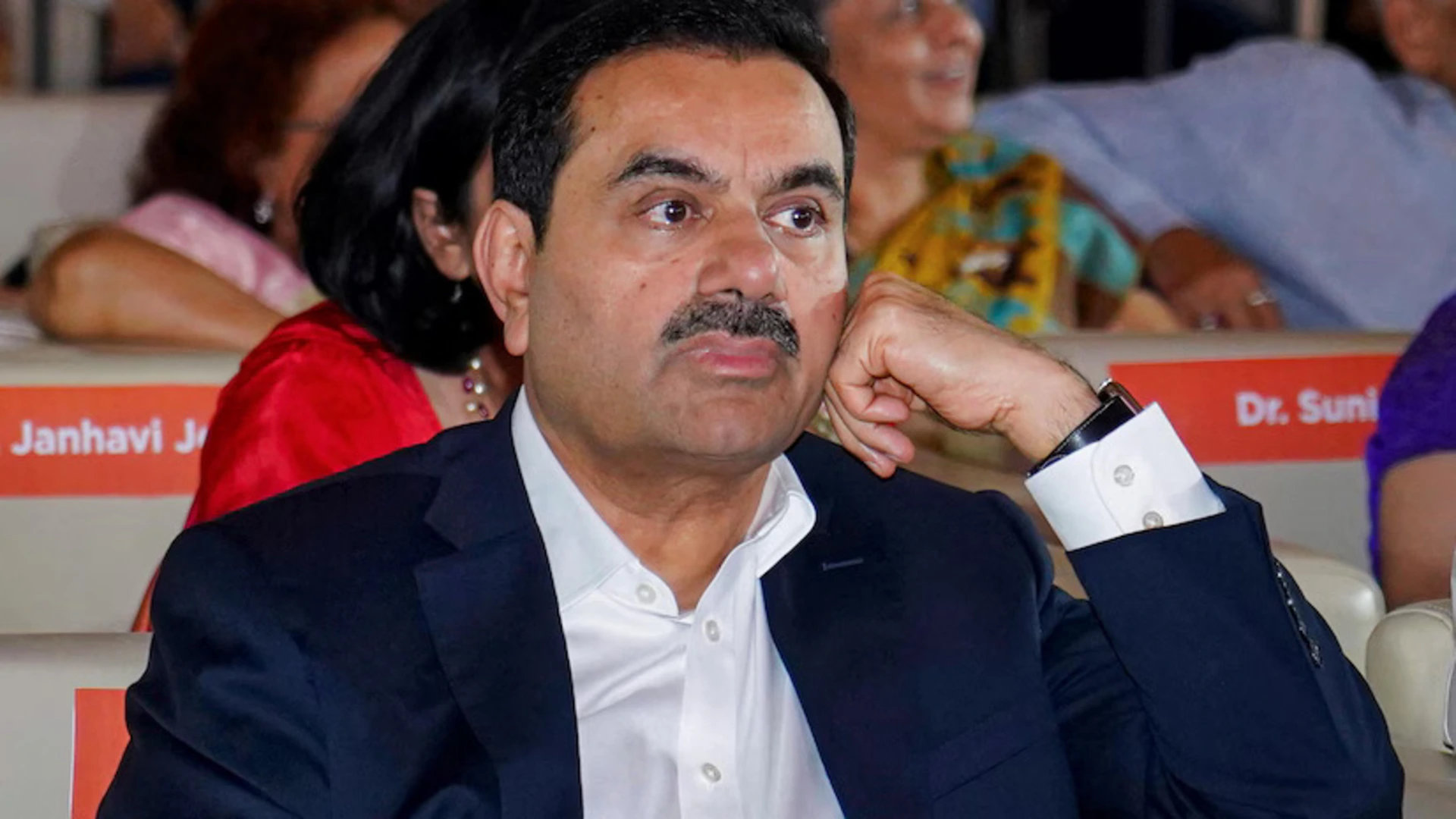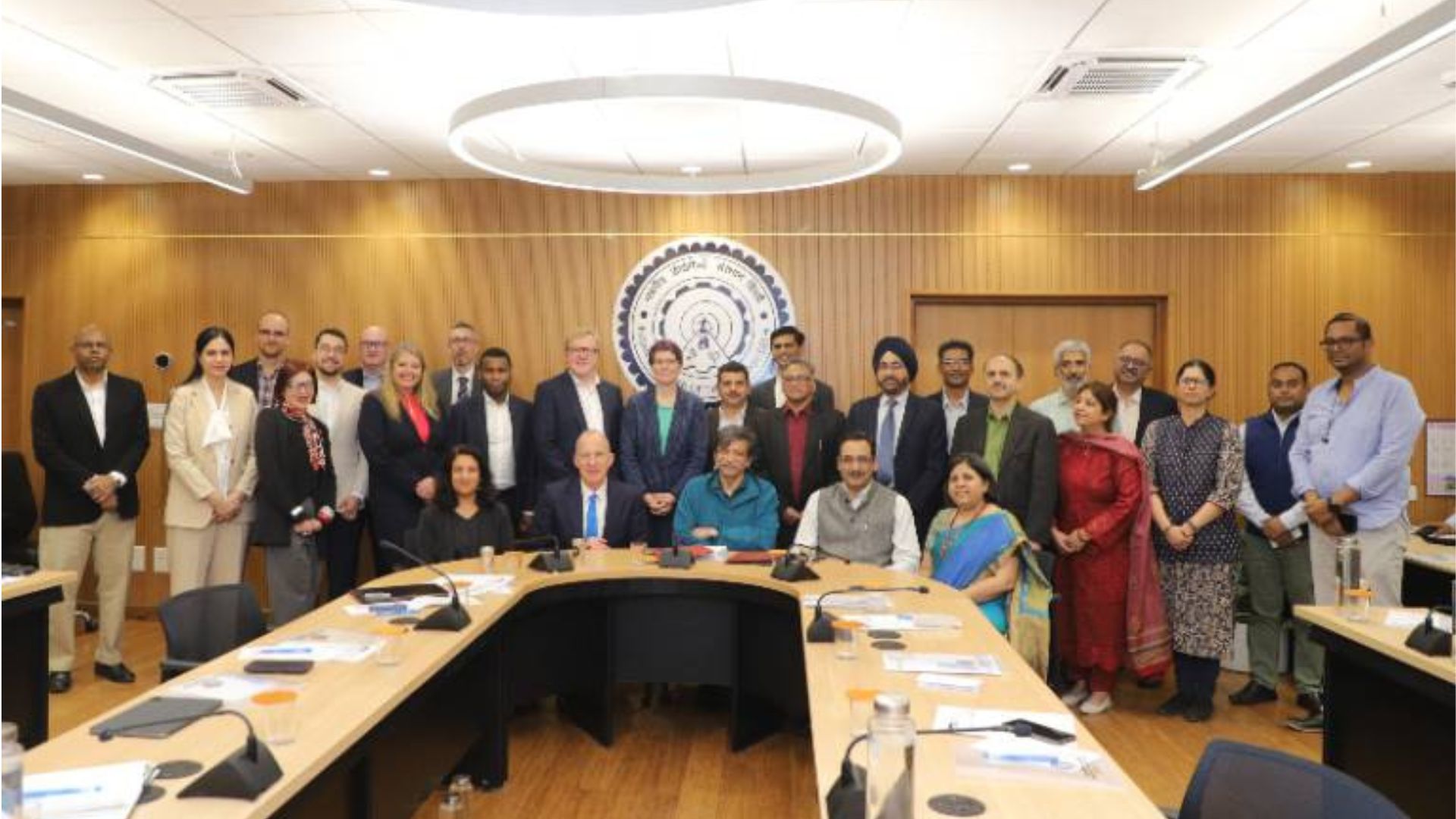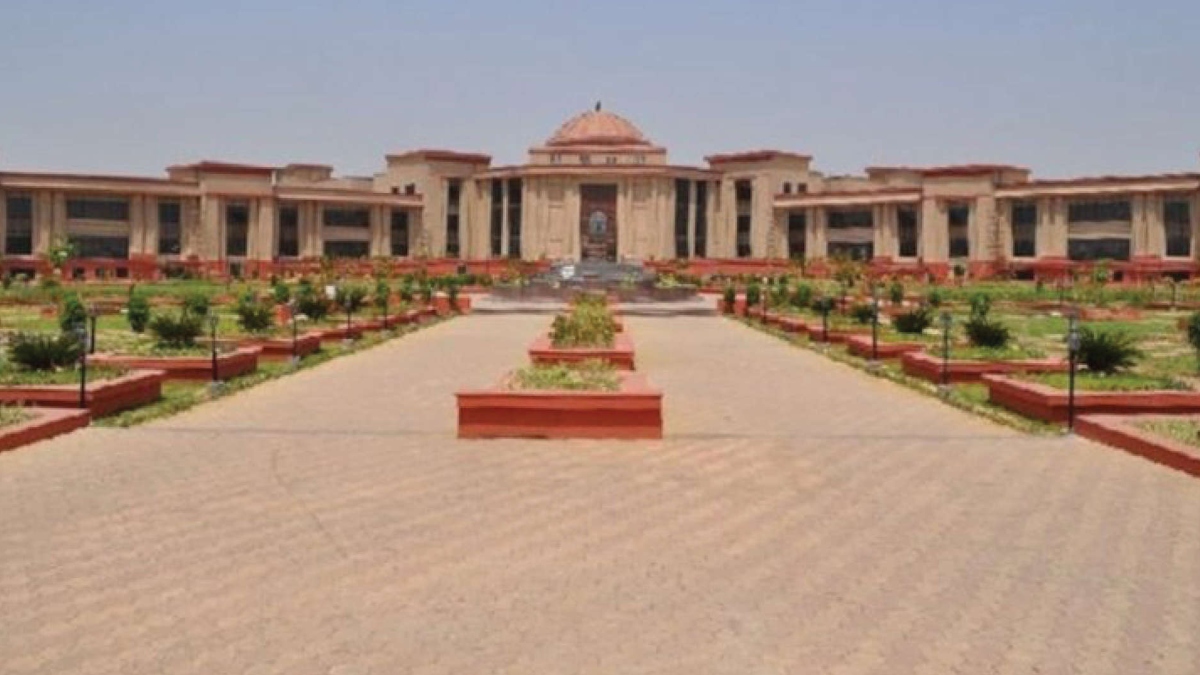
In a fresh, fine, fortunate and favourable development, we saw how the Chhattisgarh High Court in a recent, remarkable, robust and rational judgment titled Chouksey College of Pharmacy & Another Vs Pharmacy Council of India & Others in WPC No. 3766 of 2021 that was reserved on March 7, 2022 and then finally delivered on April 22, 2022 has quashed the 5-year ban imposed by the Government of India (GOI) and Pharmacy Council of India (PCI) on the opening of new Pharmacy Colleges in the country for the next five years. This learned, laudable, latest and landmark judgment came in a petition moved by a batch of colleges before the High Court, which was finally allowed by the single Judge Bench of Justice P Sam Koshy which termed the ban in question as unconstitutional, monopolistic and discriminatory in nature. So no wonder that it was thus very rightly struck down.
To start with, this commendable, composed, cogent and creditworthy judgment authored by a single Judge Bench comprising of Justice P Sam Koshy of Chhattisgarh High Court first and foremost puts forth in para 1 that, “The validity and legality of two orders/resolutions passed by the respondent No.1-Pharmacy Council of India (PCI) dated 17.07.2019 (Annexure P/3) and 09.09.2019 (Annexure P/4) is under challenge in the present writ petition.”
Simply put, the Bench then states in para 2 that, “Vide the aforesaid two resolutions, the PCI has put a moratorium on the opening of new Pharmacy Colleges for running Diploma as well as Degree courses in Pharmacy for a period of 5 years beginning from the Academic Session 2020-21. Vide the order /resolution dated 09.09.2019 the PCI gave certain relaxations to the moratorium so far as its applicability is concerned.”
To put things in perspective, the Bench then envisages in para 3 that, “For proper appreciation of the facts and issues raised by the parties it would be relevant at this juncture to take note of the relevant portion of the two orders under challenge in this writ petition dated 17.07.2019 and 09.09.2019 passed by the PCI. The resolution that was passed by the PCI on 17.07.2019 is reproduced hereinunder:
“Taking into consideration the availability of sufficient qualified pharmacist workforce, the House unanimously resolved to put a moratorium on the opening of new pharmacy colleges for running Diploma as well as Degree course in pharmacy for a period of five years beginning from the academic year 2020-21. This moratorium shall not be applicable in the North Eastern region of the country where there is a shortage of pharmacy colleges.”
The said resolution has been communicated to Ministry of Health and Family Welfare, Government of India on 17.07.2019 for information under intimation to All India Council of Technical Education (AICTE) and also posted on the Council’s website.”
As it turned out, the Bench then lays bare in para 4 that, “The said resolution stood modified on 09.09.2019 by which the respondents-PCI has passed an order of non-applicability of the said resolution on certain category of institutions and in respect of certain areas in the country. For ready reference the relevant portion questioning the order dated 09.09.2019 (Annexure P/4) is reproduced hereinunder:
“It was unanimously decided that moratorium on the opening of new pharmacy colleges for running Diploma as well as Degree course in pharmacy for a period of five years beginning from the academic year 2020-21 will be subject to following conditions:
(a) The moratorium will not apply to the Government institutions.
(b) The moratorium will not apply to the institutions in North Eastern region.
(c) The moratorium will not apply to the States/Union Territories where the number of D. Pharm and B. Pharm institutions (both combined) is less than 50.
(d) The institutions which had applied for opening D. Pharm and/or B. Pharm colleges for 2019-20 academic session either to the PCI or to the AICTE and the proposal was rejected or not inspected due to some reason or the other will be allowed to apply for 2020- 21 academic session and this relaxation is given only for one year i.e. for 2020-21 academic session only.
(e) Existing approved pharmacy institutions will be allowed to apply for increase in intake capacity as per PCI norms and/or to start additional pharmacy course(s).”
While spelling out reasons for issuance of moratorium by the PCI, the Bench then unravels in para 5 that, “Before proceeding further with the issue involved in the matter, it would be also relevant at this juncture to take note of the reasons, which led to the issuance of the moratorium by the PCI. The reasons as spelt out in the order of the PCI dated 17.07.2019 are as under:-
“During the 106th Central Council meeting of the PCI held on 9th & 10th April, 2019, a concern was expressed about the mushrooming of pharmacy colleges in the country. The issue was threadbarely deliberated. It was noted that-
(a) There are approximately 1,985 D. Pharm and 1,439 B. Pharm institutes in the country. The annual intake of students in these institutes (both D. Pharm and B. Pharm) is 2,19,279/
(b) This available workforce is enough to meet the current pharmacist-to-population needs of the country.
(c) The rapid increase in the number of pharmacy colleges over the last decade may result in shortage of trained and qualified teaching faculty which may affect the quality of education imparted to students.
(d) The pass out students are not getting reasonably paid job opportunities in public as well as in private sector.””
In continuation, the Bench then mentions in para 6 that, “The same reasons were again reiterated by the PCI in its order dated 09.09.2019 while modifying the earlier order dated 17.07.2019, which again for ready reference is being reproduced hereinunder:
“The matter was placed before the 107th Central Council in its meeting held on the 5th & 6th August, 2019 which noted that the spirit of the moratorium is to ensure-
* quality assurance in pharmacy education.
* availability of job opportunities to already available pharmacist workforce which is enough to meet the current pharmacist-to-population needs of the country as there are approximately 1,985 D. Pharm and 1,439 B. Pharm institutes in the country with an annual intake of more than 2.19 lakhs.
* that there is no shortage of qualified faculty.”
To be sure, the Bench then notes in para 7 that, “The aforementioned reasons given by the PCI gives a clear indication as to the reasons and grounds which led to the passing of the moratorium for a period of 5 years. The petitioners are a private unaided Self Financing Institution. The petitioners-establishment is a part of charitable trust titled as ‘H.K. Kalchuri Educational Trust’, which has educational institutions which impart other educational, technical and professional courses as well.”
Interestingly enough, what led to the filing of the present writ petition is then disclosed in para 8 stating that, “The facts which led to the filing of the present writ petition is that the petitioner No.1 with an intention of opening of an institution imparting courses of Pharmacy i.e. B. Pharm (Bachelor Pharmacy courses) and D. Pharm (Diploma of Pharmacy courses) had approached the PCI. When the petitioners approached the respondent-PCI in respect of their intention of establishment of an institution imparting courses of Pharmacy, they were informed of the impugned moratorium that was imposed by the PCI vide order dated 17.07.2019 and 09.09.2019. It is then that the petitioners thought of challenging the said two orders which is otherwise coming in the way of the petitioners in establishing the institution which would impart courses of Pharmacy.”
Frankly speaking, the Bench then also concedes in para 9 that, “It is also necessary to bear in mind the fact that in the State of Chhattisgarh, there is admittedly lack of basic medical facilities much less basic infrastructure required for providing the medical facilities to the general public particularly in the Semi-Urban, Rural and the Interior Areas of the State. There is acute shortage of Doctors, Paramedical Staff and People with Pharmacy background, who are the best persons and resources required for improving the medical facilities in a State. In the backdrop of the COVID-19 Pandemic that hit the universe for the last two years, the State has also witnessed the alarming need and necessity of Doctors, Paramedical Staffs and People with Pharmacy background throughout the State of Chhattisgarh, particularly into the Rural and Interior Areas which are predominantly tribal belts.”
Still more, the Bench then also concedes in para 10 that, “In the absence of sufficient medical facilities from qualified trained personnels there is an alarming rise of quacks and people with very little medical knowledge and people without proper qualification and authority providing medical services in these parts of the State. Thus, the State of Chhattisgarh has its own peculiar demands and necessities when it comes to issues relating to health, medical and Pharma care. Given the aforesaid socio-graphical conditions, the blanket moratorium imposed by the PCI would further create a vacuum in the field of Pharma Care in the State of Chhattisgarh.”
Most forthrightly, the Bench then holds in para 38 that, “From all the above provisions, it is clear that nowhere under the Act is any power conferred implicitly or explicitly on the PCI for imposing a blanket ban of the nature, which they imposed. Since the impugned orders create a prohibition having the effect of affecting substantive and fundamental rights enjoined with the institutions or entities intending to open new pharmacy institutions, therefore they need to derive authority from the parent enactment or the rules framed thereunder. It is trite law that whenever substantive obligation, rights or interests are being impaired or adversely affected by the decisions/orders of delegatee under enactment or through any piece of subordinate legislation, then its source must be traced within express provisions in the four corners of the parent enactment, in the absence of which, it cannot be sustained.”
While citing the relevant case law, the Bench then specifies in para 39 that, “That the Hon’ble Supreme Court in the matter of Union of India and Ors. V. S. Srinivasan and ors. (2012) 7 SCC 683, interpreting the rule making authority of the delegatee under the parent enactment observed as follows:
21. At this stage, it is apposite to state about the rule making powers of a delegating authority. If a rule goes beyond the rule making power conferred by the statute, the same has to be declared ultra vires. If a rule supplants any provision for which power has not been conferred, it becomes ultra vires. The basic test is to determine and consider the source of power which is relatable to the rule. Similarly, a rule must be in accord with the parent statute as it cannot travel beyond it.
23. In Delhi Administration v. Shri Ram[(2000) 5 SCC 451] : AIR 2000 SC 2143, it has been ruled that it is a well recognised principle that the conferment of rule making power by an Act does not enable the rule making authority to make a rule which travels beyond the scope of the enabling Act or which is inconsistent therewith or repugnant thereto.
24. In Sukhdev Singh v. Bhagat Ram Sardar Singh Raghuwanshi (1975) 1 SCC (L&S) 101 : AIR 1975 SC 1331, the Constitution Bench has held that: the statutory bodies cannot use the power to make rules and regulations to enlarge the powers beyond the scope intended by the legislature. Rules and regulations made by reason of the specific power conferred by the statute to make rules and regulations establish the pattern of conduct to be followed.””
Be it noted, the Bench then stipulates in para 43 that, “If on account of non availability of sufficient employment for qualified persons and to tackle such a situation imposition of Moratorium on establishment of new colleges is a solution, then a vast majority of colleges in the whole Country will have to be closed down taking into consideration the large scale unemployment in the whole Country.
Not being able to provide sufficient opportunity of employment cannot be a ground for denial of Permission to establish a new College.”
It is worth pondering that the Bench then minces no words to state unequivocally in para 44 that, “Under Article 19 1 (g) citizens of India has been guaranteed, to practice any profession or to carry on any occupation, trade or business. This fundamental right includes the liberty or a right of an individual to establish educational institutions in accordance with statutory provisions governing the field. Once when establishment and commencement of an educational institution being a fundamental right guaranteed under Article 19 1 (g) of Constitution of India, can PCI in particular issue executive instructions imposing a ban on establishment and commencement of educational institution for a period of 5 years. If we read Clause 6 of Article 19 it clearly indicates that any restriction on the right so conferred under 19 1 (g) can be imposed only by the State. For ready reference Clause 6 of Article 19 is being reproduced hereinunder :-
“6. Nothing in sub-clause (g) of the said clause shall affect the operation of any existing law in so far as it imposes, or prevent the State from making any law imposing, in the interests of the general public, reasonable restrictions on the exercise of the right conferred by the said sub-clause, and, in particular, 6 [nothing in the said sub-clause shall affect the operation of any existing law in so far as it relates to, or prevent the State from making any law relating to
(i)the professional or technical qualifications necessary for practising any profession or carrying on any occupation, trade or business, or
(ii)the carrying on by the State, or by a corporation owned or controlled by the State, of any trade, business, industry or service, whether to the exclusion, complete or partial, of citizens or otherwise].””
It would be apposite to state that the Bench then mentions in para 45 that, “It would also be relevant at this juncture to refer to Article 13 of the Constitution of India. For ready reference Article 13(1) and Article 13(3) is being reproduced hereinunder :-
13. Laws inconsistent with or in derogation of the fundamental rights:
“1. All laws in force in the territory of India immediately before the commencement of this Constitution, in so far as they are inconsistent with the provisions of this Part, shall, to the extent of such inconsistency, be void.
3.In this article, unless the context otherwise requires law includes any Ordinance, order, bye law, rule, regulation, notification, custom or usages having in the territory of India the force of law; laws in force includes laws passed or made by Legislature or other competent authority in the territory of India before the commencement of this Constitution and not previously repealed, notwithstanding that any such law or any part thereof may not be then in operation either at all or in particular areas.”
More to the point, the Bench then most rightly minces just no words to hold in para 46 that, “From the plain reading of the aforesaid provisions of Constitution of India it clearly reflects that anything which is inconsistent to the provisions of the Constitution shall be to the extent of such inconsistency would be void. That any restriction and embargo so far as establishment and commencement of educational institutions are concerned, the same can only be imposed by State. Article 13 does not provide for imposition of such restrictions and regulations by way of executive instructions. As such, regulations and resolutions in the nature of executive instructions issued by the PCI amounts to impingement upon the fundamental right of a citizen and or a juristic person.”
It cannot be glossed over that the Bench then adds in para 47 that, “The aforesaid view of this Court all the more becomes relevant in the light of the conclusion earlier drawn in this judgement where it has been held that the Pharmacy Act 1948 nowhere confers the power upon PCI to ban or put a moratorium so far as opening of new Pharmacy institution in the Country. The petitioners herein is a private unaided self financing institution with no financial obligation owed to the State Government. The petitioner who intends to establish and commence and operate an institution imparting Pharmacy course would be otherwise bound by only the requirement of the various statutory provisions as also the regulations issued by the various statutory agencies otherwise required for the purpose of establishment and commencement of an institution related to the Pharmacy course.”
Most commendably, the Bench then clearly holds in para 48 that, “As regards the ground of mushrooming pharmacy colleges and shortage of trained and qualified teaching faculty which could affect the quality of education. These are all matters of regulation and verification to be taken note of by the Pharmacy council in terms of the provision of Pharmacy Act and the various regulations. Under the said Act as also that which is laid down by the All India Council for Technical Education etc. subject to the petitioners meeting all the requirements otherwise required in terms of the pharmacy Act and regulations and instructions governing the field particularly in respect of availability of required infrastructure the availability of the qualified and trained teaching faculty etc. etc. there is no reason why and how the pharmacy Council of India can restrict somebody’s right and that too a fundamental right.”
It is worth noting that the Bench then expounds in para 49 that, “From the above exposition, it is thus clear that the right to establish, commence and operate an educational institution of their choice is a fundamental right, guaranteed to any person or an entity so provided under Article 19(1)(g) of the Constitution of India. Having stated that the aforementioned is a fundamental right, the same can be abridged only under a ‘law’, fitting in within the four corners of Article 13(3)(a) of Constitution of India.”
Most significantly, the Bench then explicitly holds in para 50 that, “Thus from the above, it is clear that impugned DO’s issued by the PCI amount to denuding any entity of their fundamental right to Occupation, i.e. opening or establishing of a new pharmacy institution. Even though the said restriction is for a limited period, i.e. 5 years, then also for the restriction to operate even for a minimal period of time, it has to figure within the four corners of Article 19(1)(g), Article 19(2) read with Article 13(3)(a) of the Constitution of India. Since the ‘executive instructions’ failed to meet the basic character required to impinging upon the fundamental rights, therefore on the said ground, the ‘executive instructions’ cannot hit or adversely affect the fundamental rights of the Petitioners to start a new Pharmacy Institution at the time and moment of their choice. For this ground, therefore the impugned DO’s must be treated to be ineffective and bereft of any fangs.”
Finally, the Bench then concludes by holding in para 53 that, “For all the aforesaid reasons and the judicial pronouncements referred to in the preceding paragraphs, this Court is of the firm view that two resolutions under challenge in the present writ petition Annexure P-3 and P-4 dated 17.07.2019 and 09.09.2019 are also not sustainable in the eye of law and the same deserves to be and are accordingly quashed/set aside with consequences to follow. The writ petition thus stands allowed. No order as to costs.”
All told, the Chhattisgarh High Court has thus very rightly quashed the five year ban imposed by the Pharmacy Council of India on opening of new pharmacy colleges in the country for the next five years. It has given logical and learned grounds for holding so as discussed hereinaforesaid. The same must be complied with by the authorities.

